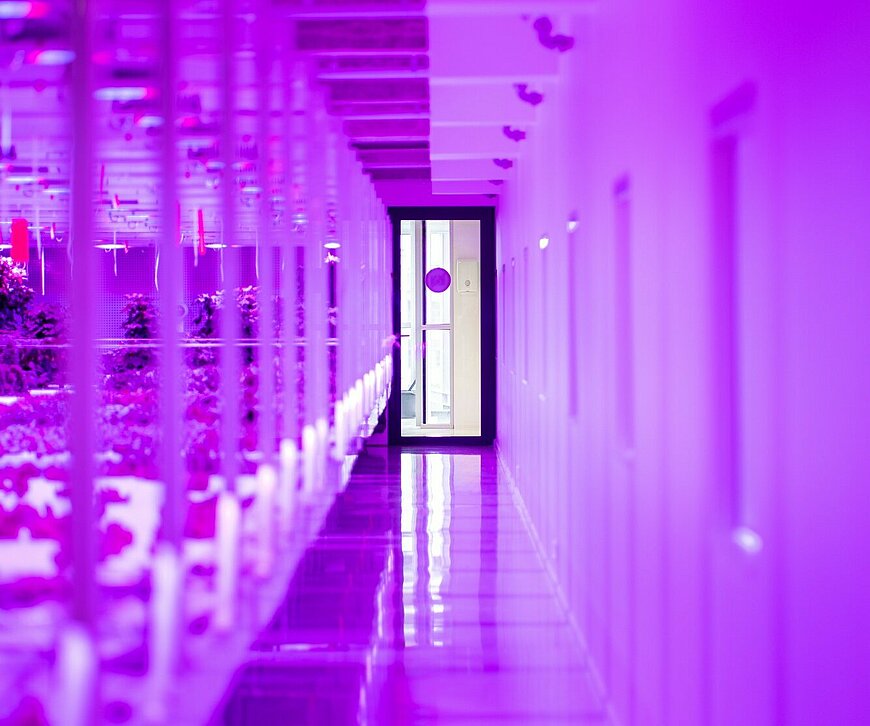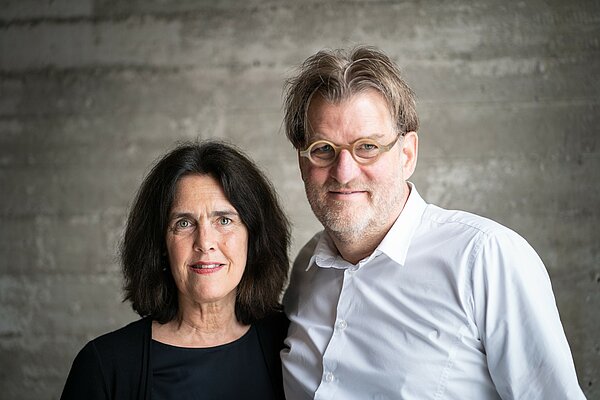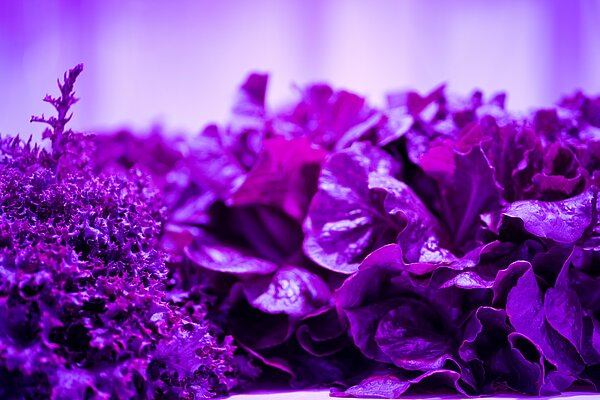Seven Steps To Heaven

'Eindhoven first place in the world to work on a new food chain'
What does Seven Steps To Heaven do?
We are convinced that indoor farming can provide a solution to a large part of the world food problem. Moreover, we all want to see more nature, so we need to look at agriculture differently. By choosing ten high, with a precise number of square meters per person for daily fresh produce, we can give millions of square kilometers of farmland back to that nature.
Fifteen years ago we were real pioneers in this field. We have now reached the point where we can build large farms. We focus mainly on fresh produce: vegetables, herbs and fruit.
After agriculture outside and agriculture in greenhouses, indoor farming is becoming the third revolution in this sector. Dragging food around will be a thing of the past if you decide, together with local retail organizations, what you are going to grow and when it has to be harvested. This can be done almost to the hour. With this method, we prevent food waste and can soon switch to a super smart and sustainable supply chain. One 50,000 m2 farm can feed 50,000 people locally. So this concept can also play a significant role in third world countries.
And what about the avocados, mangos and bananas that we eat? They are picked bright green, cross the world and are ripened via all sorts of tricks. The flavor that a plant adds to the natural ripening process is completely different, which is what you taste when we harvest indoors. But indoor farming also ensures a water reduction between 95 to 99%, needs no pesticides and uses much less space. If we assume 200 grams of vegetables or fruit per person, every day of the year, we need one square meter of indoor farm space. If you compare that to the traditional way of farming, we now have 2500 square meters of farmland per person of the world population in use. That includes everything, i.e. agriculture, livestock breeding and cattle feed. But of course that is and remains a huge difference. Traditional agriculture always competes for space with nature. By allowing agriculture to take place in the city in the way we have devised, we will soon be able to feed ten billion people and create space for nature.

Lianne en Gertjan Meeuws
We are Lianne and Gertjan Meeuws. We have been married for 34 years and since 1989 we are also entrepreneurs.
Our entrepreneurship has always been focused on food security. It is our mission to contribute to a world where everyone has access to delicious, nutritious and affordable food. We find that contribution super interesting and our development never stops; it can always be better or smarter than what we already do.
In what ways are you contributing to the realization of societal challenges?
Indoor farming of course touches a lot of these goals. If everyone has access to good food, then that has a direct impact on people's welfare and health. But a more energy-efficient world, the sustainable use of packaging and transport are also related to this. Just like education. We come to schools and universities a lot to talk about these topics.
What impact will you have realized by 2030?
In 2030 we will hopefully have realized a partnership with which we will have made great strides. You're already noticing a shift. When we started in 2005, the story appealed to people, but it remained 'far from my mind'. In the past five years we have seen an increase in companies like us. Where we are mainly concerned with building, learning and improving, they go straight to work with sizable investors. It's nice to see that after a period of storytelling, activity suddenly emerges in this area. Out of that cloud of chaos and power, something will emerge that really works. We are so far ahead with our technology and knowledge that we can play a major role in this.

Which party from the Brainport Region can help you with that?
We already do as much as possible locally. All our software is written in this region and the entire LED control system comes from Eindhoven. It would be great if a large retailer would dare to take the step and enter into this adventure of local food supply. For us, that is also allowed on an international level. Hardly anyone knows us in Eindhoven, but in the world of indoor farming we are quite well-known. The trick is to make noise at the right moments so that the party who is looking for this idea picks it up. This is how we try to influence coincidence.
What do you hope Eindhoven will have accomplished by 2030 in terms of social challenges?
The Eindhoven region and the Netherlands are not doing badly. We are already more in the corner of design thinking; we are trying to bring things together, blinders off. The idea of a local new supply chain in combination with indoor farming, you could test here very well. You can involve a lot in that. Not just agriculture and food, but also technology, health, and education. If Eindhoven were to embrace this new supply chain as a spearhead, in which many suppliers of knowledge, hardware and software could play a role, it would become the world's first living lab in this field. With different production, different transport, new communication between supply and demand and more nutritious food. The time is ripe for it.